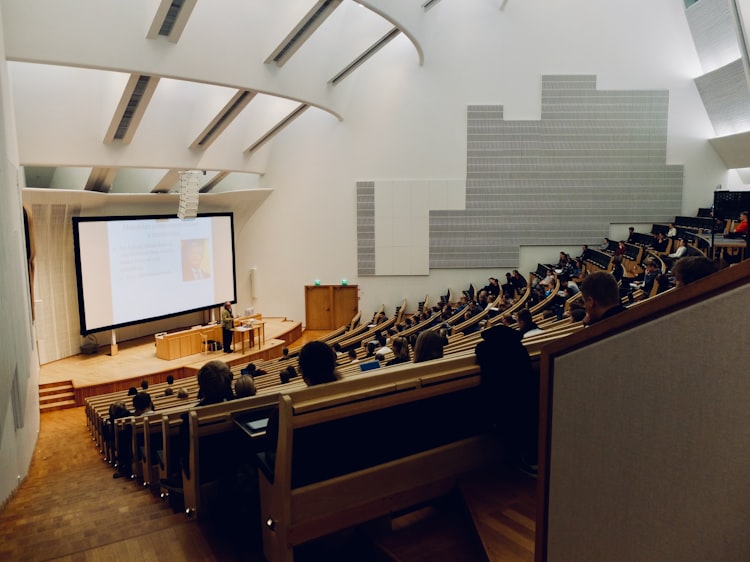Two Types of Hard Things
There are two categories of things that are hard in life.
First, things that take a lot of work. Call this Type 1 Hard.
This is the type of work necessary to become an Olympic athlete. You have to train until you puke, track your diet fastidiously, and sacrifice your social life to get quality sleep. Repeat for a decade or two to have a chance for five minutes in the spotlight.[1]
But the path is clear. Do exactly what your coach says and you'll reach your genetic potential.
Type 1 Hard is obtaining a graduate degree, learning a new language (or how to code), living within your means and saving for retirement. You know what to do. Now execute.
Second, things where the path is ambiguous. Call this Type 2 Hard.[2]
This is the difficulty of starting a company. Sure, it’s easy to get a Delaware C-Corp up and running, with Stripe Atlas it takes less than an hour and costs $500.[3] But what then? What is your niche? How are you better than your competitors? How will you survive where countless others have failed?
Similarly, this is the difficulty of writing: the painful uneasiness of staring at a blank page and doubting, yet hoping, that you have something worthy to say.
Type 2 Hard – perhaps really Type 2 Uncertainty – is why life decisions can feel difficult. Should I change jobs, or even careers? Would living abroad make me happier? Is it the right time to have kids?
We are prepared our entire lives for Type 1 challenges. This is our educational system, the corporate ladder, extracurriculars and athletics. Excellence lies in accomplishing a difficult task.
We don’t do as good of a job readying ourselves to solve Type 2 problems. Yet these challenges are far more impactful to tackle. For what is the point in getting a promotion if you’re not in the right career to begin with?
Many smart people procrastinate on attacking Type 2 problems by working on things that are Type 1 Hard. Instead of starting a company, take classes for a Master's degree. But that's taking the easy way out.[4] The outsized opportunities – the bets that are massively +EV – are found by braving the uncertainty of ambiguity.
Corporate executives are paid for their ability to solve Type 2 Hard problems. Sure, they have a great work ethic. But they aren’t grinding as hard as the first-year analyst. They don’t even understand the business strategy as well as people reporting to them. Where they (should) excel is in making decisions quickly in uncertain conditions.
That sort of cognitive work is difficult. It requires a lifetime of building up mental models, of engaging with the world and experimenting, failing, learning from mistakes and revising hypotheses. But ultimately, it is what adds the most value.
Forget Type 1 Hard. If you want to have an outsized impact, focus on Type 2.
Of course, you'll also need 99th percentile genetics. But the point stands. Insert "run a marathon" for a less extreme and more obtainable example. ↩︎
Note that these can also be Type 1 Hard! ↩︎
I’m sure there are cheaper ways to do this, but this is the one that is top of mind. ↩︎
This is something I’m personally working on addressing. ↩︎




